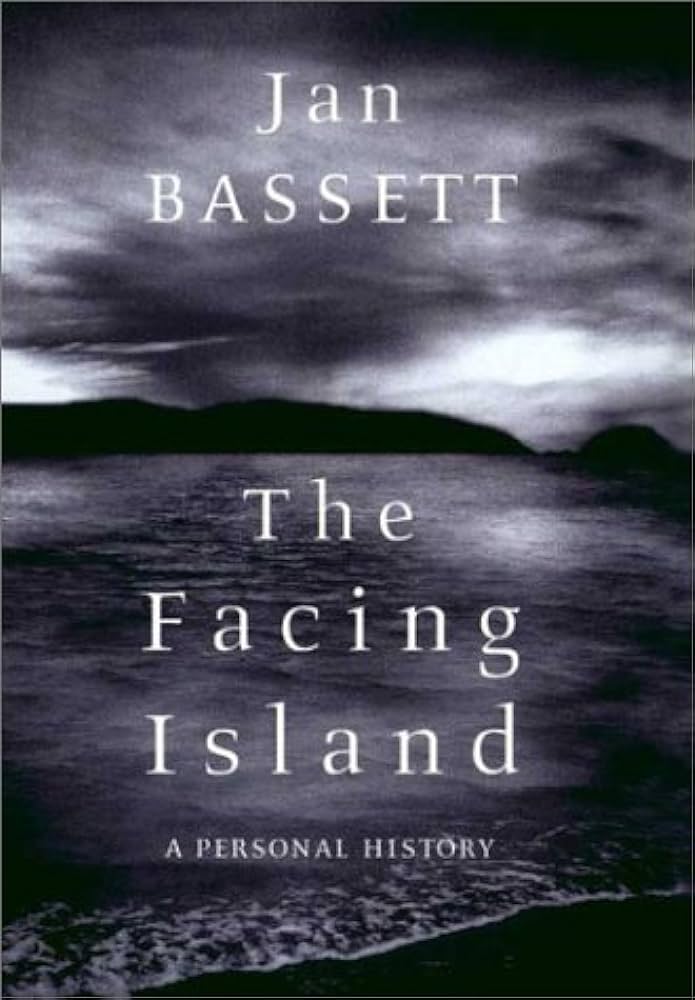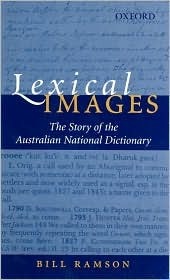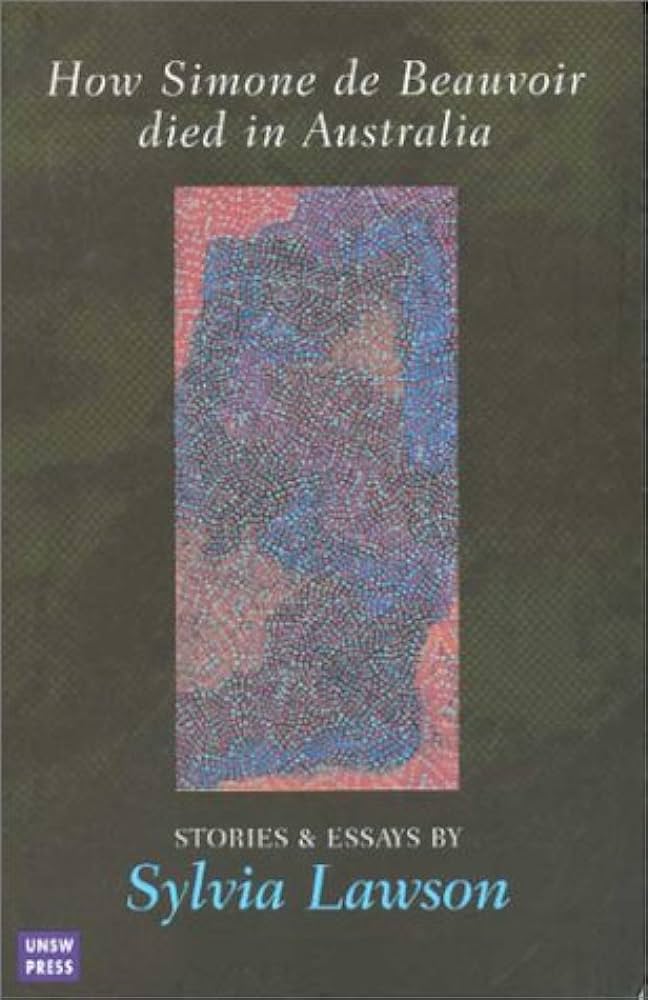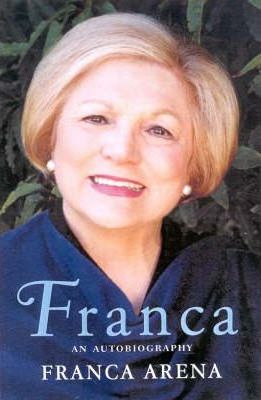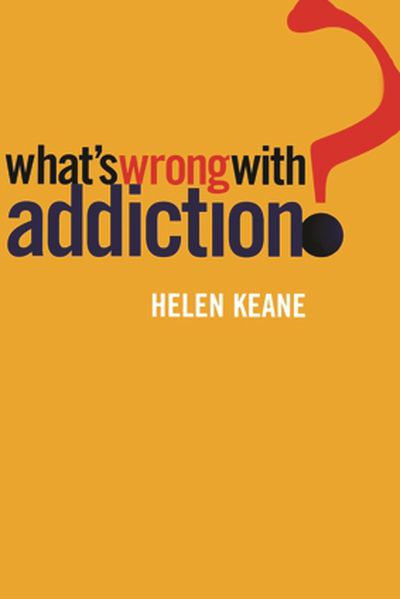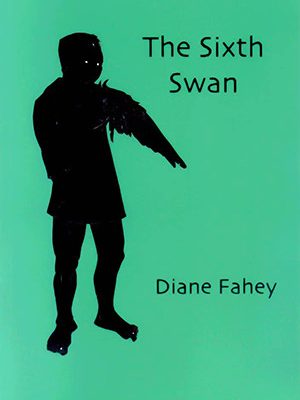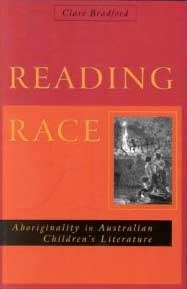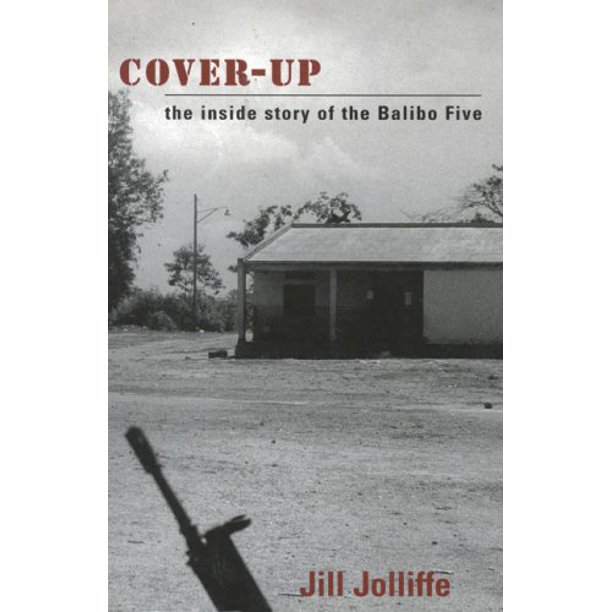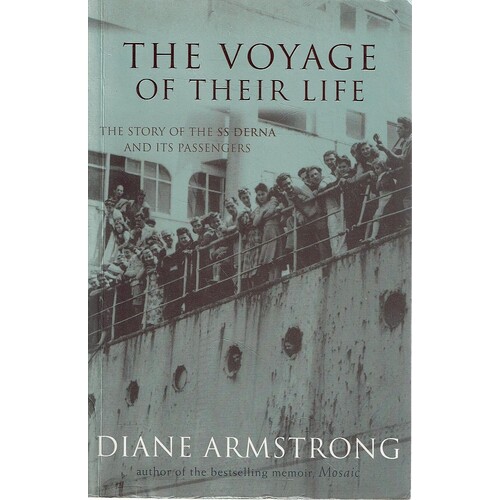Review
Lexical Images: The story of the Australian national dictionary by Bill Ramson
by Nick Hudson •
How Simone de Beauvoir Died in Australia: Stories and essays by Sylvia Lawson
by Heather Neilson •
Franca by Franca Arena & Speaking for Myself Again by Cheryl Kernot
by Craig Sherborne •
What’s Wrong with Addiction? by Helen Keane & Modernising Australia’s Drug Policy by Alex Wodak and Timothy Moore
by Desmond Manderson •
Reading Race: Aboriginality in Australian children's literature by Clare Bradford
by Margaret Dunkle •
Cover-Up: The inside story of the Balibo Five by Jill Jolliffe
by Jill Jolliffe •
The Voyage of Their Life: The Story of the SS Derna and Its Passengers by Diane Armstrong
by Doris Brett •

